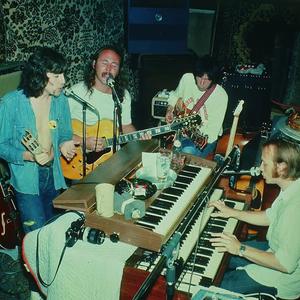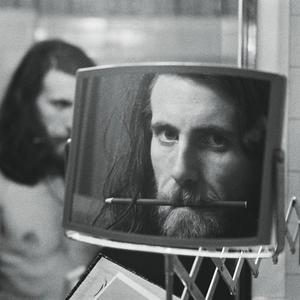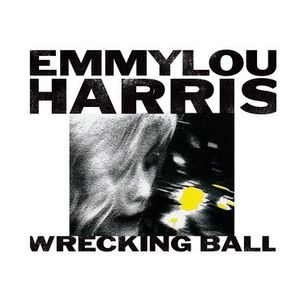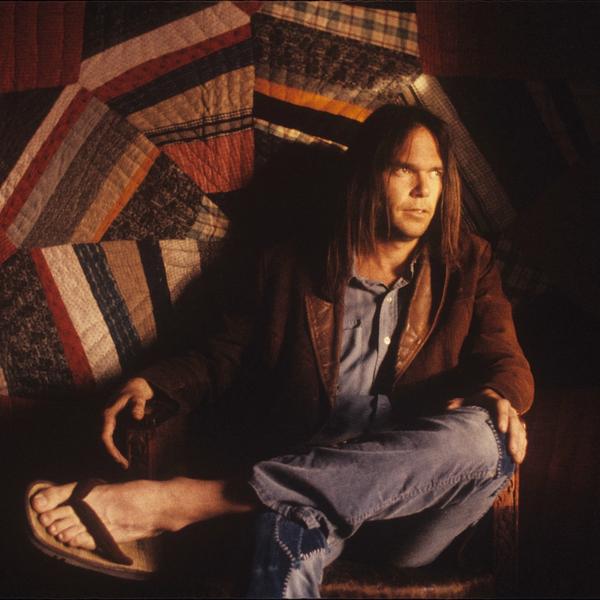




Link copied
Neil Young defines what it means to be a musical chameleon.
From his landmark contributions to Buffalo Springfield, Crosby, Stills, Nash and Young, and on to a remarkably prolific solo career, he’s shared grunge, roots, country, folk, techno and rockabilly from a singular singer/songwriter stance.
Here is Holler's list of some of the best Neil Young songs:
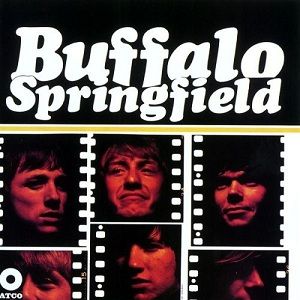
Flying on the Ground is Wrong
Alienation and introspection have always been major themes in Young’s songs, a trend that started early on in his work with the Springfield.
There’s an obvious drug theme running through this song, but its captivating melody and wistful repose add an inexplicable allure that belies any sense of shame or dismay.
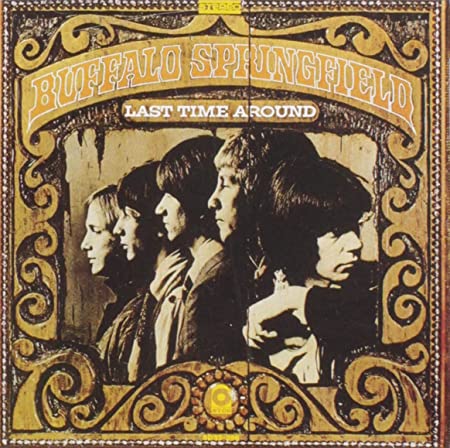
On the Way Home
Another Buffalo Springfield classic left for Last Time Around, the band’s swan song, the original recording transpired during their demise with only Young, singer Richie Furay and bassist Bruce Palmer taking part.
Another song that typifies Young’s penchant for melancholia, it later became a staple of Poco’s live sets, courtesy of Furay’s implied ownership of the song.

I Am a Child
Another product of that final obligatory Springfield album, its tender trappings typified Young’s seeming insecurity and distress at lack of direction.
Notably, Young was the only Springfield member to appear on the track, payback perhaps for the fact he abandoned the band at the Monterey Pop Festival before David Crosby opted to take his place.
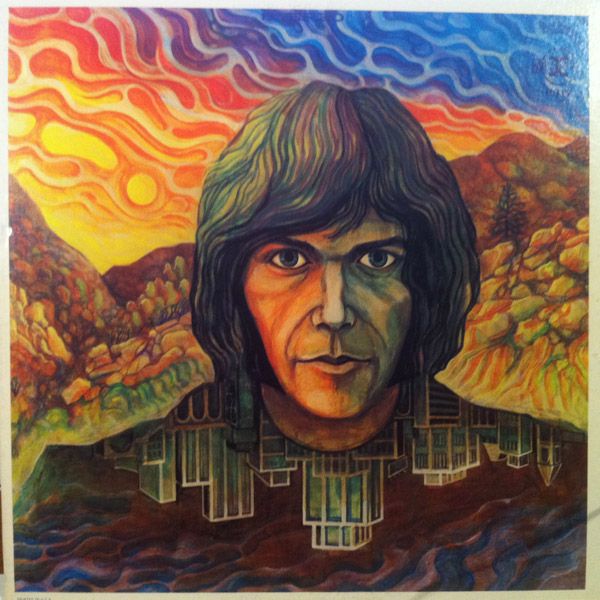
The Old Laughing Lady
One of several highlights on his first solo album after departing (yet again) from Buffalo Springfield, this plaintive ballad is nothing less than a mournful masterpiece, a song about aching and yearning within the context of isolation and alienation.
It remains one of Young’s most moving compositions, both haunting and harrowing in equal measure.

The Last Trip to Tulsa
Supremely surreal, Young’s aural imagery makes this one of his most mystical poetic pursuits.
Some nine minutes in length, it may seem to some as pure indulgence, and yet, by capping the conclusion of his debut outing, it suggests that Young’s ambitions will know no bounds. That’s proven true ever since.
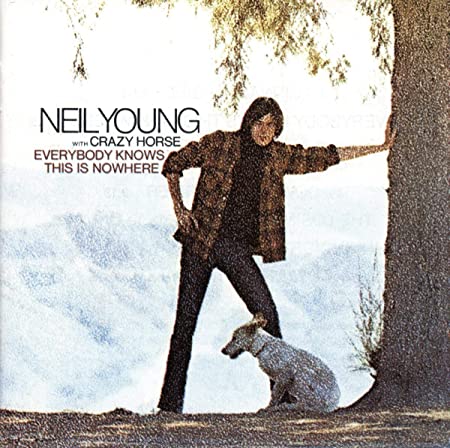
Down by the River
A tale of murder and betrayal served up in song, Young has offered numerous explanations for its meaning since its initial appearance on Everybody Knows This Is Nowhere - his first foray with Crazy Horse.
Whatever the reason, it typifies Young’s penchant for blending verve and volume in the most mesmerizing manner.

Cinnamon Girl
Wistful and relentless in equal measure, ‘Cinnamon Girl’ encapsulates a dream lover for whom he “waits between shows” hoping that she’ll appear.
Sung in steady harmony and boasting a single note guitar solo, it’s an excellent example of one of Young’s best early rockers and a song that been shared in concert throughout his career.

Cowgirl in the Sand
Another Young classic culled from that first venture with Crazy Horse, it also describes an idealized lover whose promiscuity renders her seemingly well out of reach.
An ongoing staple throughout Young’s live and recorded trajectory, it found new life through CSNY, the Byrds (via their self-titled reunion LP) and Young himself in various live incarnations.
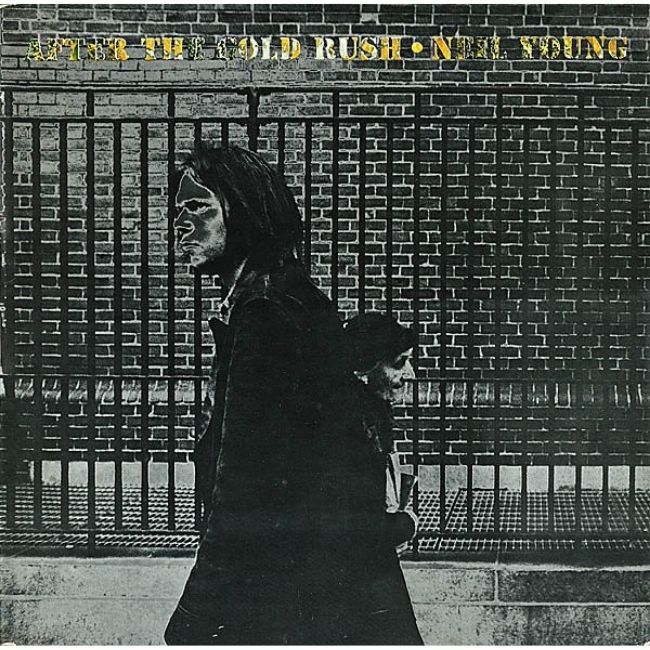
Tell Me Why
Inexplicable in its meaning even by Young’s standards, the soothing melody made lines like “Is it hard to make arrangements with yourself / When you’re old enough to repay / But young enough to sell” seem somewhat plausible regardless.
An astute example of classic Young in full folkie flourish, it remains a superb sing-along.
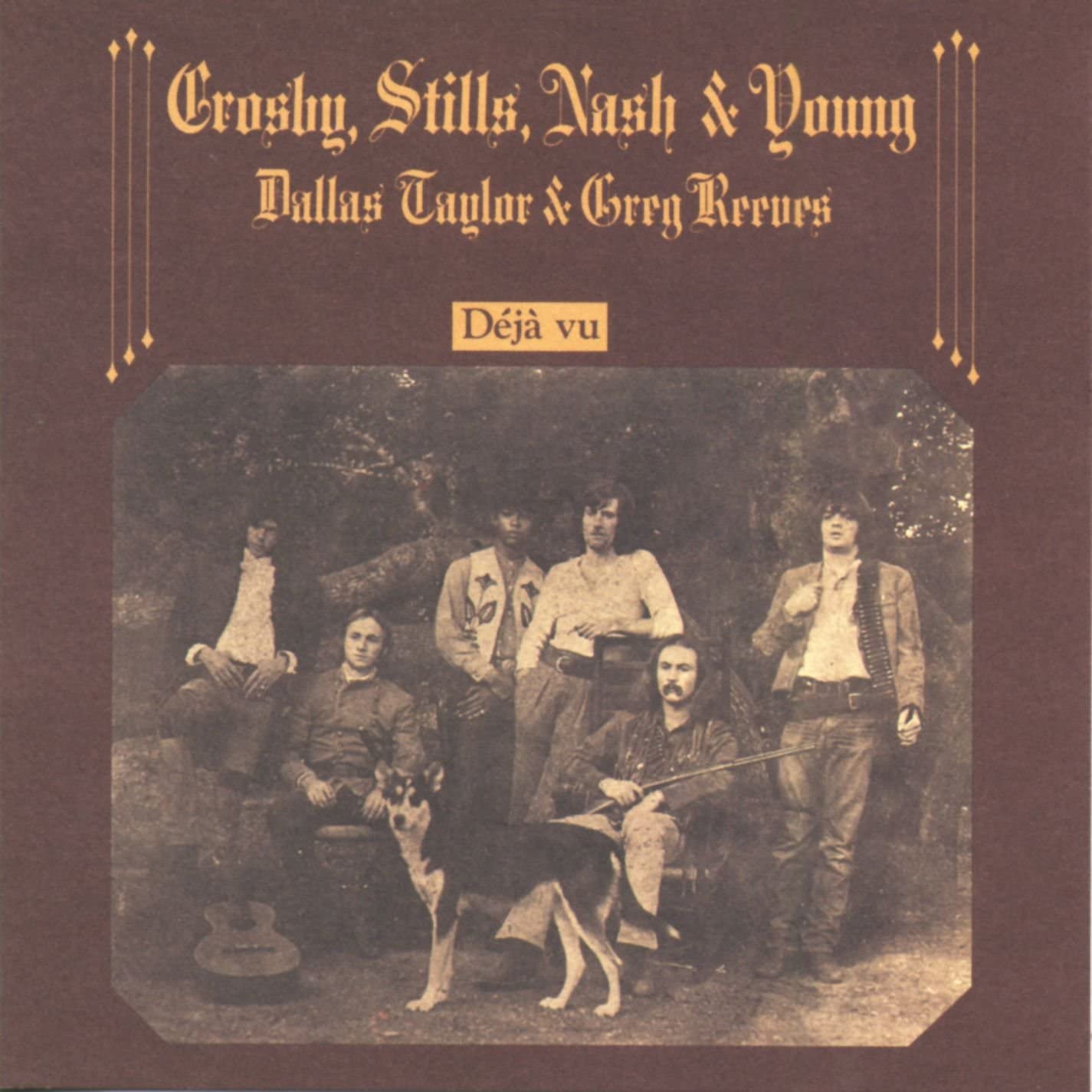
Helpless
Recorded by CSNY, ‘Helpless’ conveys a sense of melancholy and dismay, yet still allows room for nuanced nostalgia.
When Young sings of that “town in North Ontario”, a place that offers “dream comfort memory to spare”, he gives the impression that even in despair, there’s still comfort found through preserving the past.
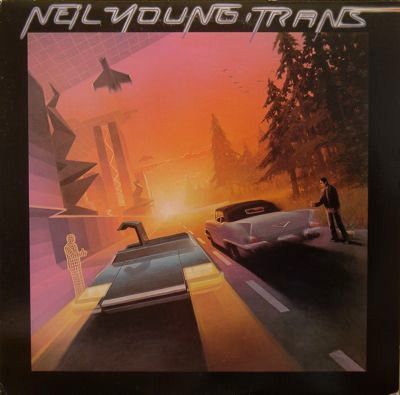
Computer Age
Young shocked both fans and critics when he suddenly immersed himself in the sound of synths.
Yet underlying it all was a sense of irony and alienation, a somewhat cynical view of a so-called New Age.
The lyric that reads “You need me like ugly needs a mirror” sums up that stance succinctly.
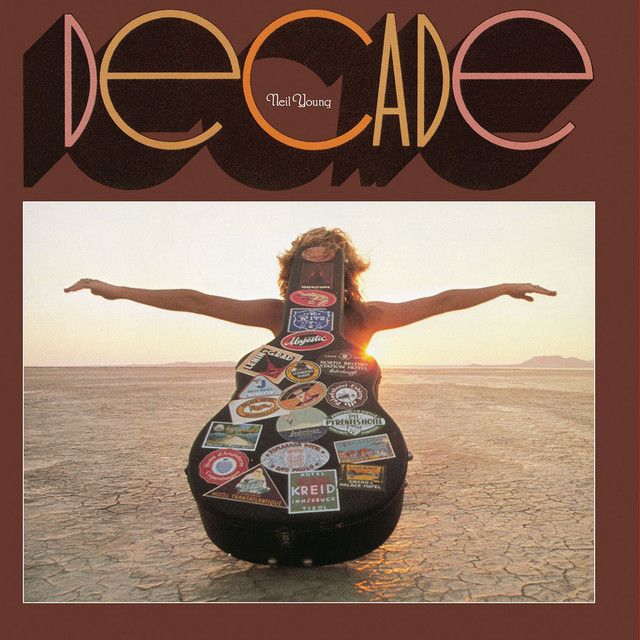
Cortez the Killer
A scorching rocker that resonates to this day, 'Cortez the Killer' was inspired by the Spanish conquistador Cortez.
It offers a searing indictment of the cruelty with which he conquered the Aztecs in the 16th century, before segueing into a romantic reference about a woman who left him behind.
It’s an inexplicable connection but brazenly Young.

Like a Hurricane
Another turbulent tour-de-force, this constant staple helped earn Young his reputation as “the Godfather of Grunge”.
Indeed, with its fierce guitar solo and literal allusions, it remains an expansive, expressive and enduring anthem.
Supposedly inspired by Del Shannon’s ‘Runaway,’ it soars on drive and defiance alone.
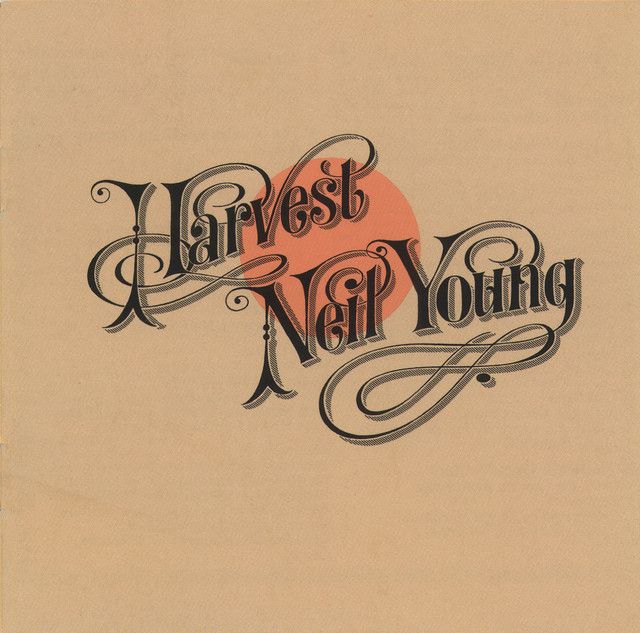
The Needle and the Damage Done
A sad and somber soliloquy written in response to the overdose of his Crazy Horse collaborator Danny Whitten, it became a dire warning about the scourge of heroin addiction.
Hearing it now, it still sounds now as harrowing as ever.

Ohio
A stirring indictment of the murders of the Kent State college students by the National Guard in 1970, ‘Ohio’ became a rallying cry for the anti-war movement, encapsulating the anguish and outrage of that horrendous event.
CSNY recorded and released it within days of the shootings and the emotion is evident in their provocative performance.
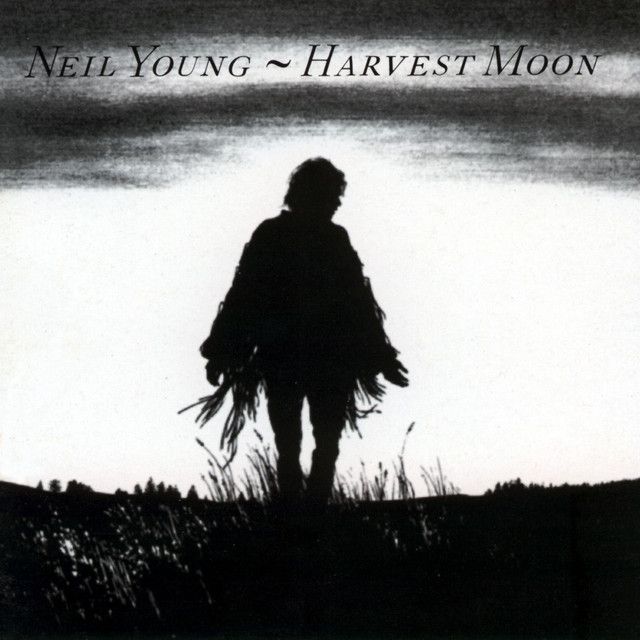
Harvest Moon
Simply stated, ‘Harvest Moon’ meshes imagery and intent in this abject expression of romance, stirred with both clarity and conviction.
A tribute to his first wife, Pegi Young, and well served with backing vocals from Linda Ronstadt, it’s ethereal, inspiring and may in fact be one of the best ballads Young’s ever written.

Heart of Gold
Young’s first and, to date, biggest solo hit, ‘Heart of Gold’ offers a tender tapestry of mood and melody, and while the lyrics seem somewhat mawkish at times, with it, Young became an easy listening icon.
Taken from the album Harvest, Young soon became a bonafide superstar courtesy of a familiar folk finesse.
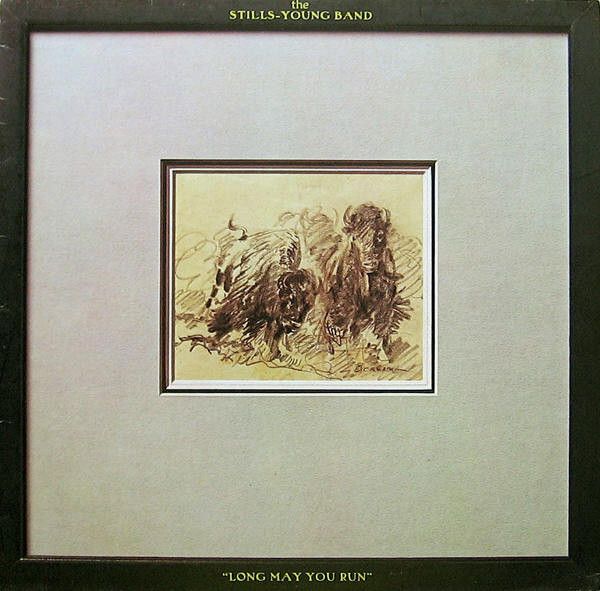
Long May You Run
An ode to his beloved 1948 Buick Roadmaster hearse abandoned due to mechanical failure, ‘Long May You Run’ highlighted the ill-fated effort to reconvene with Stephen Stills.
The references to the Beach Boys and ‘Caroline No’ are particularly poignant, tied into imagery that implies feelings for a lost lover.
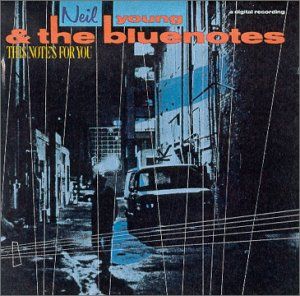
This Note's for You
The title track of his 16th album, it found Young recruiting a horn section for a stinging denunciation of commercialism and selling songs for jingles (“Ain’t singin’ for Pepsi / Ain’t singin’ for Coke”).
A daring new direction, it was soon abandoned in favor of more rollicking refrains. Still, it remains indicative of Young’s ongoing defiance and determination.
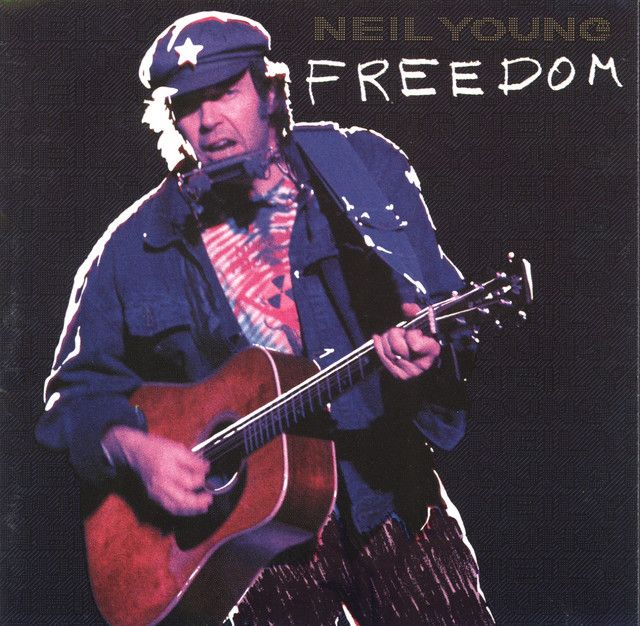
Rockin' in the Free World
Young’s most unabashed anthem, it takes its title from a comment made by guitarist Frank “Poncho” Sampedro when the band’s proposed tour of the Soviet Union was abruptly cancelled.
Young also takes shots at President George H.W. Bush, creating a precursor to ‘Living With War’, a rebuke of the younger Bush that followed seven years later.
---
Listen and subscribe to Holler's The Best Neil Young Songs playlist below:
